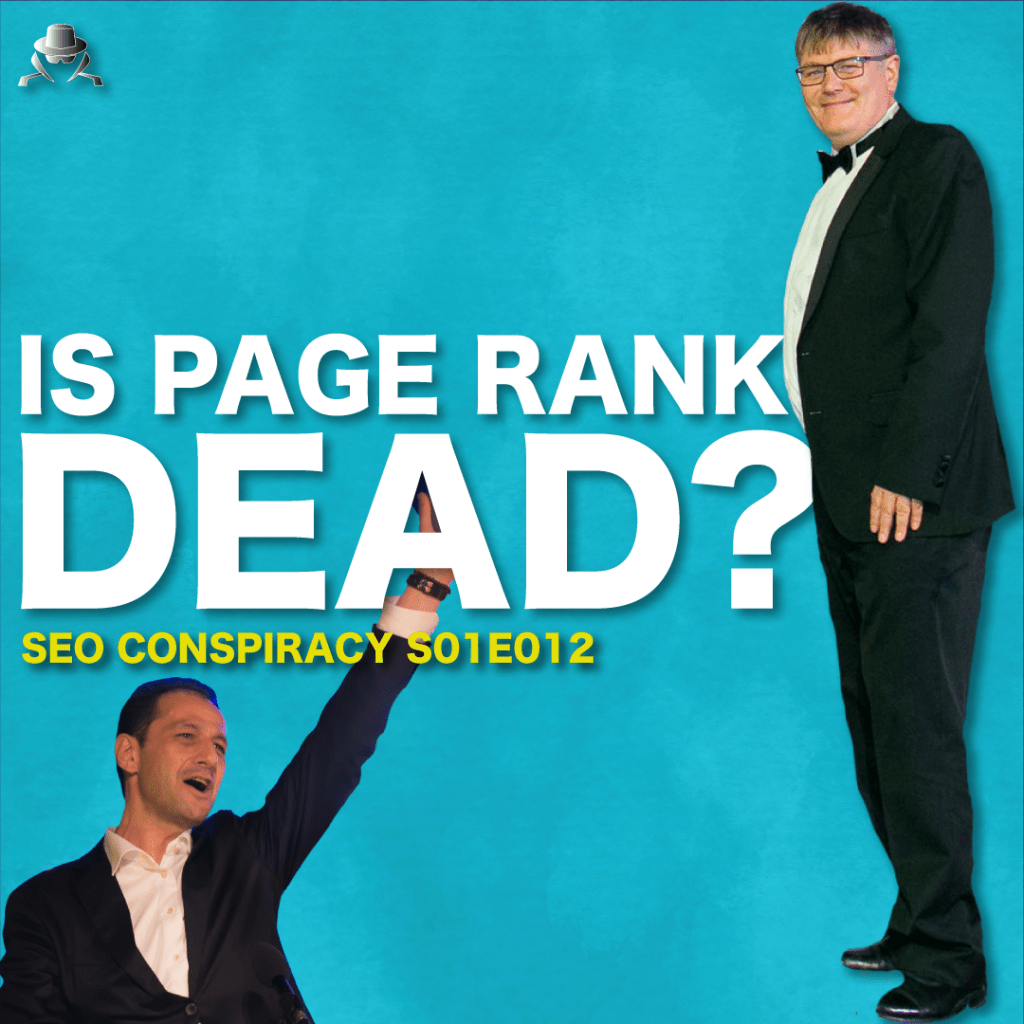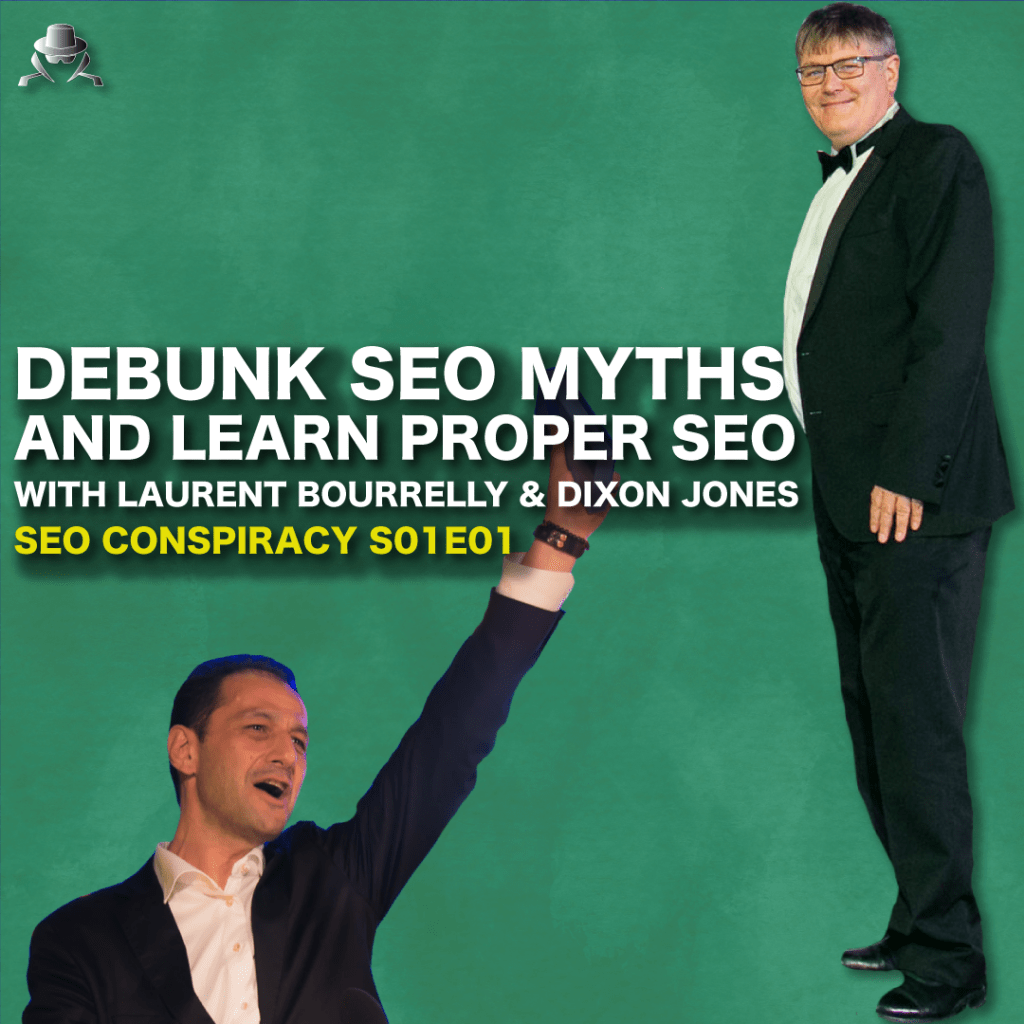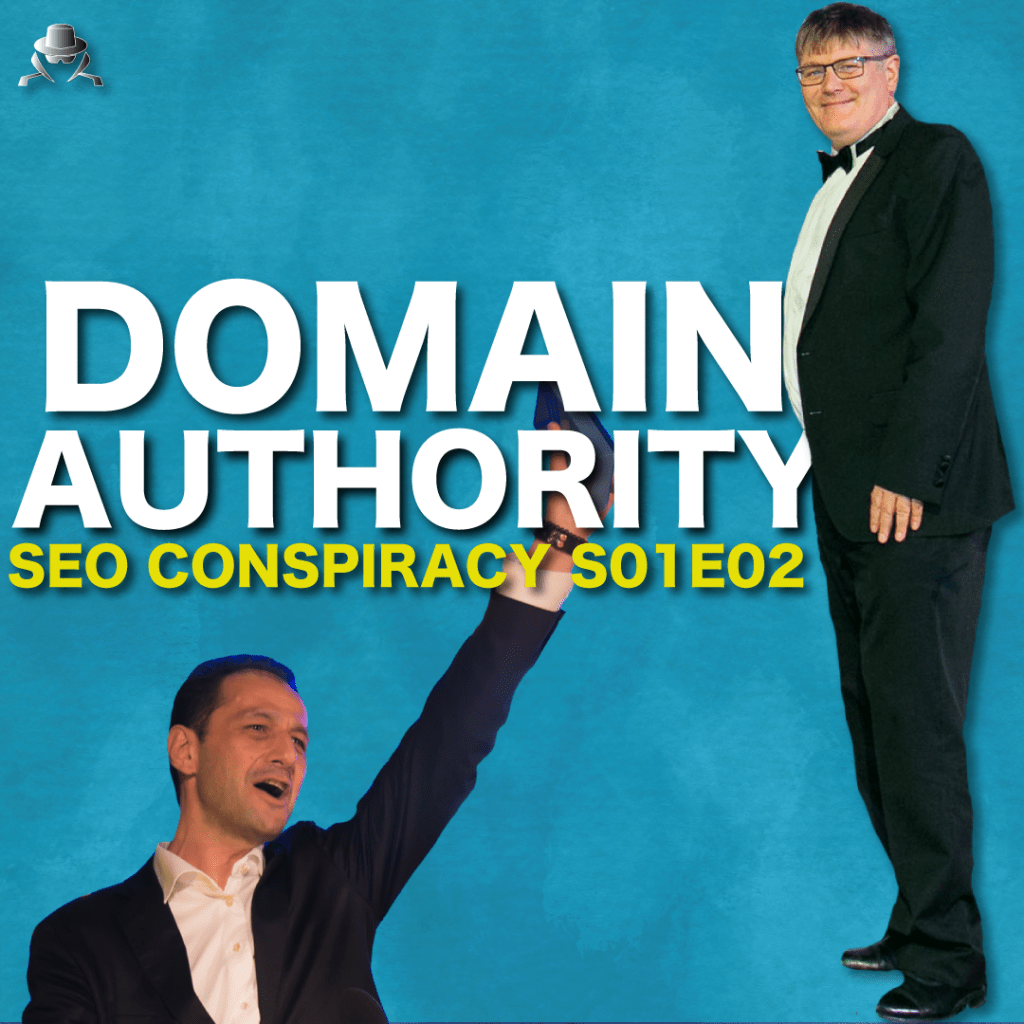What if Google was not using PageRank as a Ranking Factor?
SEO Conspiracy S01E12
Back in the days, we could see a little green rectangle displayed in the Google Toolbar.
It showed a grade, from 0 to 10, which told the PageRank of any URL.
Since PageRank disappeared from the Google Toolbar, speculations arose about how much is left of the PR algorithm within Google’s infrastructure?
In fact, we could only check out the regular PageRank, but there is also the Topical PageRank.
What happened to this one, we could not get our hands on (until Majestic introduced the Topical TrustFlow).
As always, this is just our opinion.
We welcome the discussion.
You know what to do.
Watch the video
The Origins of PageRank
PageRank, named after Larry Page, was Google’s revolutionary algorithm that assigned importance to webpages based on the quantity and quality of links pointing to them. This citation model was a game-changer, allowing Google to rank pages more effectively than traditional search engines.
However, as Dixon points out, “PageRank alone didn’t give context. It needed to evolve to account for relevance and topicality.”
From Basic to Topical PageRank
One of the key developments in the PageRank model was Topical PageRank, which evaluates the relevance of links in specific contexts. For example, a link from a renowned tech blog holds more weight for a technology-related site than a random lifestyle blog.
Dixon explains, “Without topicality, PageRank is like scoring a webpage with one metric but without understanding its context. Google realized that and introduced more sophisticated ways to measure relevance.”
Backlinks and Their “Smell”
Laurent introduces a fascinating metaphor: the smell of backlinks.
“When you analyze a backlink profile, it has a distinct footprint or smell. For instance, if a jewelry brand partners with a luxury car company, its backlink profile may carry the scent of automotive content. While powerful, this can misalign with their niche and confuse search engines.”
Dixon elaborates, “Non-contextual links aren’t inherently bad, but they dilute topical relevance. If your links don’t align with your primary niche, Google may struggle to define your site’s authority.”
Are Links Still Essential?
The eternal debate in SEO: content vs. links.
- The Case for Content: High-quality, semantically sound content has gained prominence in recent years. Google’s understanding of content has evolved to focus on relevance, user intent, and topical clusters. As Laurent says, “The content block on a page has grown in importance over the past 15 years.”
- The Case for Links: Links remain a critical ranking signal. “Building links is difficult and hard to explain to clients,” Dixon notes. “But links provide the gravitas that Google needs to gauge a page’s importance.”
Experiments by Google and Yandex to exclude links from their algorithms resulted in poor search results, confirming their ongoing importance.
Has PageRank Truly Changed?
While the PageRank formula may have evolved, its core principles persist. Google now incorporates additional signals like author expertise, internal linking, and semantic relevance. These refinements ensure that PageRank adapts to the complexities of modern search.
Dixon concludes, “Yes, PageRank is still alive, but it’s no longer the sole driver. It’s evolved into a more nuanced system.”
What If PageRank Disappeared?
If Google removed PageRank entirely, it would need an equally robust alternative to assess authority and relevance. This would likely focus more on content quality, user behavior signals, and entity-based optimization.
PageRank may not be the star it once was, but it’s still an integral part of SEO. The lesson here? Don’t just focus on one aspect—whether links, content, or topicality. SEO is about balance, strategy, and adapting to Google’s ever-changing landscape.
What’s Next?
In our next discussion, we’ll tackle another burning question: Is content truly king, as Google claims? Should you just “build for users” and let rankings follow? Stay tuned for more on SEOconspiracy.com!



